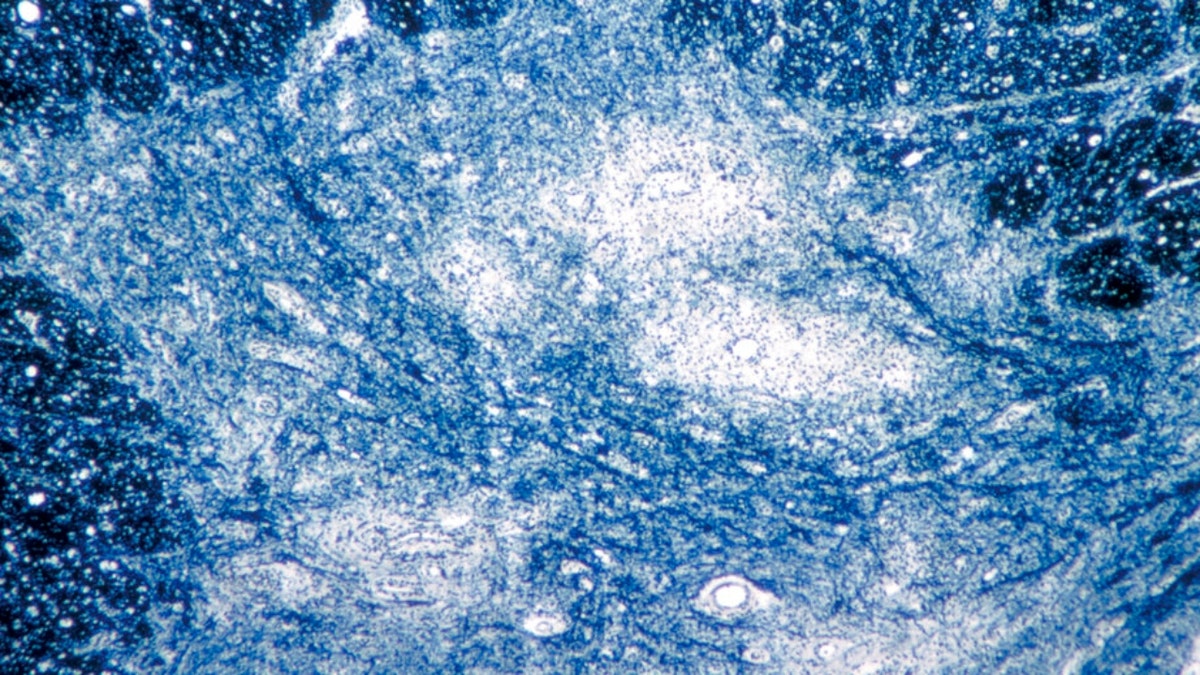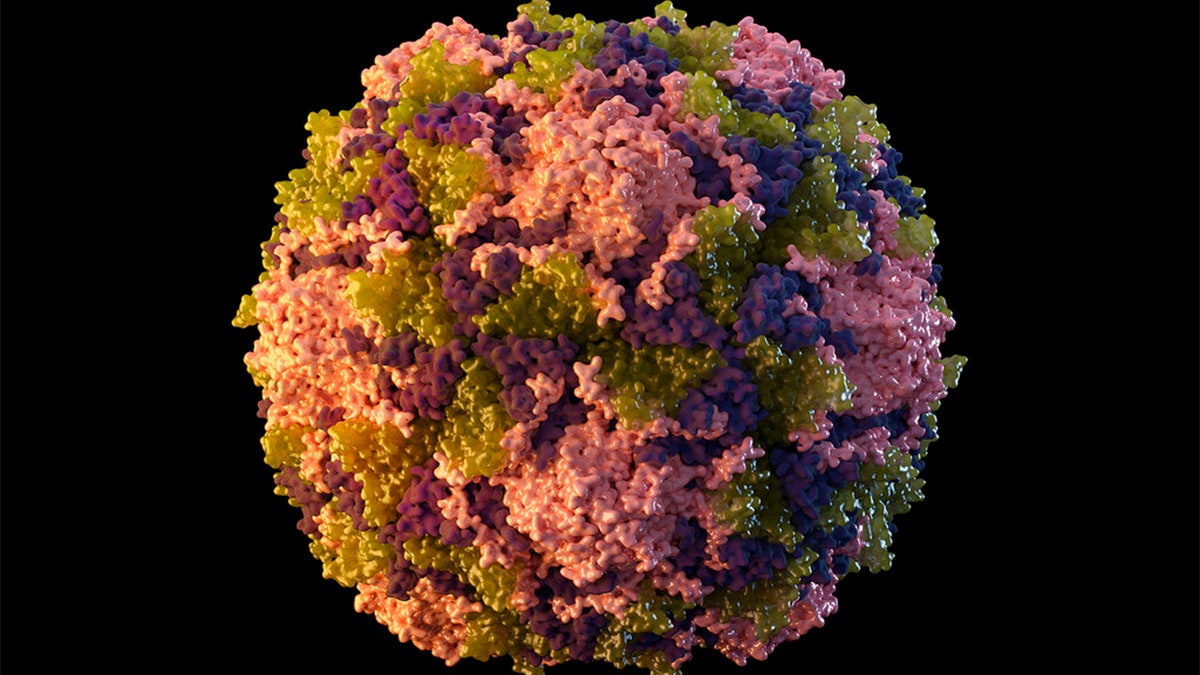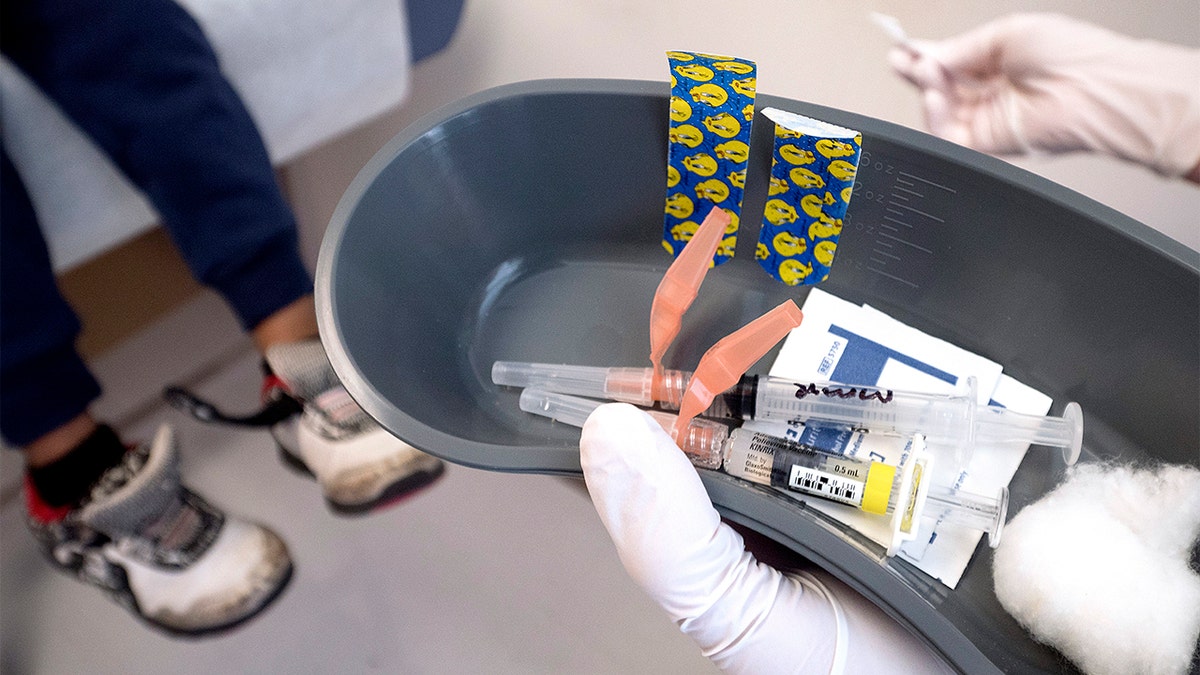Fox News Flash top headlines for August 12
Fox News Flash top headlines are here. Check out what's clicking on Foxnews.com.
The New York State Department of Health and the New York City Department of Health and Mental Hygiene said poliovirus had been detected in wastewater samples in New York City.
The agencies said the detection suggested likely local circulation of the virus.
"For every one case of paralytic polio identified, hundreds more may be undetected," State Health Commissioner Dr. Mary T. Bassett said in a statement. "The detection of poliovirus in wastewater samples in New York City is alarming, but not surprising. Already, the State Health Department — working with local and federal partners — is responding urgently, continuing case investigation and aggressively assessing spread."
"The risk to New Yorkers is real but the defense is so simple — get vaccinated against polio," New York City Health Commissioner Dr. Ashwin Vasan said. "With polio circulating in our communities there is simply nothing more essential than vaccinating our children to protect them from this virus, and if you're an unvaccinated or incompletely vaccinated adult, please choose now to get the vaccine. Polio is entirely preventable and its reappearance should be a call to action for all of us."
NY POLIO FEARS ON THE RISE WITH POSSIBLE 'COMMUNITY SPREAD' OF THE DANGEROUS VIRUS

This 1964 microscope image made available by the U.S. Centers for Disease Control and Prevention shows damage from the poliovirus to human spinal cord tissue. On July 21, 2022, New York health officials reported a polio case, the first in the U.S. in nearly a decade. (Dr. Karp/Emory University/CDC via AP)
This announcement comes after the identification of a positive case of paralytic polio among an unvaccinated Rockland County resident, as well as detections in seven different wastewater samples in two adjacent counties north of New York City.
The departments said the detections underscore the urgency of every adult — including pregnant New Yorkers and children — in staying up to date with polio vaccines.
Wastewater surveillance efforts, in partnership with the Centers for Disease Control and Prevention (CDC), will continue.
While most adults do not need the vaccine because they were already vaccinated as children, those who have only had one or two doses in the past should get the remaining doses.

This 2014 illustration made available by the U.S. Centers for Disease Control and Prevention depicts a poliovirus particle. (Sarah Poser, Meredith Boyter Newlove/CDC via AP)
TOP HEALTH OFFICIAL: NEW YORK TREATING POLIO CASE AS 'TIP OF THE ICEBERG'
People who are unvaccinated or unsure if they have been immunized should receive a total of three doses if the vaccine series was started after the age of 4.
All children should receive four doses of the vaccine, with the first dose given at 6 weeks through 2 months of age.

A nurse prepares to administer the measles, mumps and rubella (MMR) vaccine as well as a vaccine used to help prevent the diseases of diphtheria, pertussis, tetanus and polio at Children's Primary Care Clinic in Minneapolis, Minnesota, on April 28, 2017. (Courtney Perry/For The Washington Post)
Coverage for recommended vaccines has fallen in New York City since 2019 and nearly 14% of children there remain not fully protected.
While there is no cure for polio, it is preventable through immunization.
CLICK HERE TO GET THE FOX NEWS APP
Polio is very contagious, and an individual can transmit the virus even if they are not sick.
Symptoms can take up to 30 days to appear, and some cases can result in paralysis or death.





















